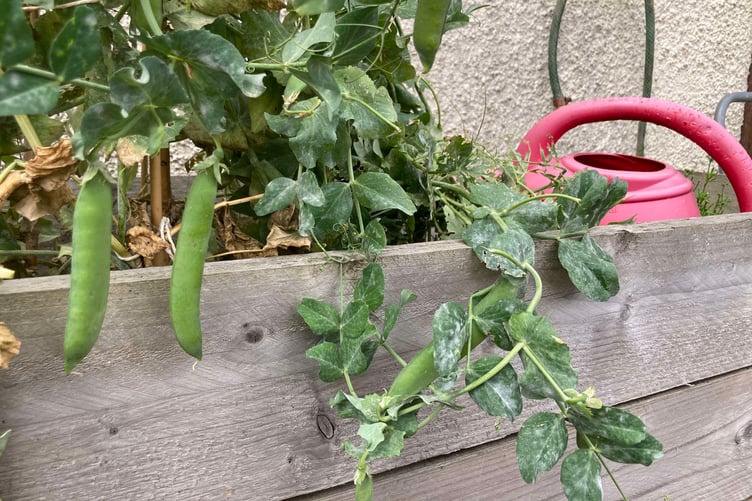IS vegetable growing worth it? I certainly think so. I have been vegetable gardening for some years and am presently enjoying my second year on our allotment. Let me explore some of the issues here.
Growing vegetables can be tremendously rewarding, watching seedlings first emerging from seed, growing them on and then eating the fruits of your labour. Many people find this really therapeutic. It does require patience, a little time and some planning too.
In our first year on the allotment, we particularly enjoyed our beetroots, leeks and squashes. This year we have been doing well with beans, peas and salads.
It is arguable whether you will ever save any money here if you think about your time and the cost of seeds and other materials. But you will undoubtedly enjoy produce that is much fresher and also potentially free from chemicals. This will be better for you and your health.
You don’t actually need a lot of space or equipment. Vegetable growing can be undertaken quite simply. You do need sufficient light. Most vegetables are going to need at least five hours of sunshine a day. You also require soil that has a good organic content like well-rotted manure or compost made in your own garden from a mix of decaying pruning and twigs etc. You can grow vegetables in really small areas or even use recycled containers as long as you make holes in the bottom of them, to allow for drainage.
Vegetable growing used to be much harder work with most gardeners undertaking lots of digging each year. Nowadays most of us practise “no dig” gardening and by using layers of cardboard with compost on top it is even possible to quickly develop a new vegetable growing area on an area of poor lawn.
It is now thought that digging can actually damage the structure of the soil. With this “no dig” approach it has been shown that you get less weeds and those that do grow are easier to remove. You also get better harvests.
Judging the weather can be tricky. Each season is very different. Many gardeners seemed to talk endlessly last year about the effects of slugs and snails on the success of their vegetable crops.
So where do you start? If you are new to vegetable growing, keep it simple and grow what you like to eat. You can start seedlings off on a window sill but when the weather is sufficiently warm you can sow directly into the soil in the garden. Sow small quantities of seed regularly. You don’t want gluts of crops and most of us prefer small regular harvests.
Why not have a go? A lot of gardening is experimental and we all undoubtedly learn from our successes and the mistakes too. Be patient and don’t take it personally if you lose crops due to pests. Keep a diary. Learn from others and read up and follow the best websites. Above all enjoy yourself and the benefits of being outside and working with nature.





Comments
This article has no comments yet. Be the first to leave a comment.